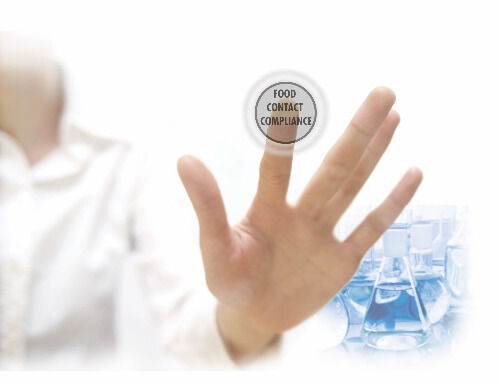Food & Beverage Technical Compliance Frequently Asked Questions
Review answers to some commonly asked questions pertaining to the following topics:
- FSMA compliance
- FDA compliance for food contact materials
- Food & Beverage industry regulations and compliance
FAQs on Food Filter Compliance
What regulations apply to filters used in food contact applications?
The following link provides a good summary of all the food contact regulations applying to Europe and also links the framework regulation.
Are there global standards for food contact?
There is no all-encompassing single global standard for food contact. The main standards include those produced by the EU, FDA, and Japanese National health organization. Guidelines and standards produced by these agencies are most often required by the food and beverage market. However, there may also be additional local regulations or religious certifications required.
How does Pall define a food contact application?
We define a food contact application as any that directly comes in contact with food ingredients or the final food product. Beyond this basic definition, the general definition may be somewhat subjective.
For example, municipal water is used within beverage production, but where does food contact start? In many cases, this will be up to the manufacturer or to local regulatory constraints. For some, a food contact application may be any process application within the plant walls. Another manufacturer might consider only the last step of filtration prior to introduction into the food product as a ‘food contact’ application.
Our goal is to understand your needs and to provide solutions to meet local regulatory requirements and economic conditions. In general, we would generally recommend having all filters that come in contact with liquid be food contact compliant. Because of differences in extractable in gas/air, we would recommend having the pre-filter and final membrane filter in gas/air systems be food contact compliant.
If an application is purely a utility or service application without direct or indirect food contact, a standard product may be recommended.
Do all filters used in the Food & Beverage industry have to be food contact compliant?
There are a variety of non-food contact applications within the food and beverage industry that do not require compliance with food contact regulations. Service or utility applications, including clarification of hydraulic fluids or boiler feed water, are not food contact applications and thus do not require the use of food contact compliant products.
Additionally, air and gas filters or coalescers do not require compliance as long as the final membrane filter prior to introduction to the food is compliant. The exception to this general guidance would be that any such product may not contain hazardous materials that could be released into the food or beverage.
Are filters intended for use to process pharmaceutical products suitable for food and beverage use?
No, due to regulatory differences between the pharmaceutical and food & beverage markets, there is little to no overlap. Food & Beverage products are ‘fit for purpose’ and meet specific application conditions. Food safety focuses on lifelong exposure to materials in contact with food. Thus there is often a lower detection level for materials and complete exclusion of hazardous materials from foodstuffs than for pharmaceutical or medical products.
Do you require a Declaration or Certificate of Compliance for a Pall Food & Beverage Product but do not see it listed?
Food Contact Compliance and Safety
One Step Closer to Consumer Protection.




